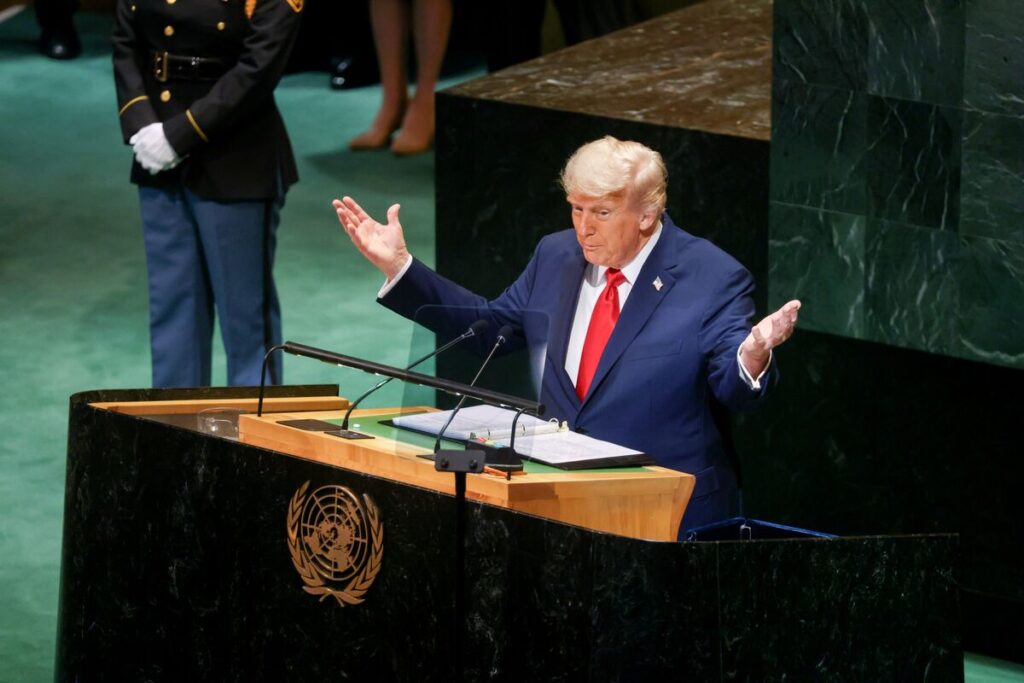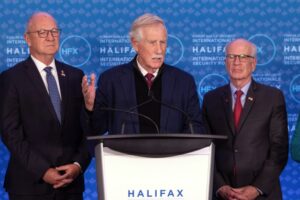
Former President Donald Trump has expressed a strong desire to be awarded the Nobel Peace Prize for his diplomatic efforts, particularly regarding peace initiatives in the Middle East. In recent statements, Trump asserted that failure to receive the prestigious award would be “a big insult” to the United States. His comments have sparked discussions not only about the implications of his pursuit but also about the reactions it may provoke from the Norwegian Nobel Committee.
Concerns have emerged in Norway about potential backlash if Trump does not win the prize. Some officials in the region fear that disappointment for the former president could lead to strained relations between Norway and the United States. Trump’s strong personality and unpredictable political tactics have been known to influence international diplomacy, raising questions about how his Nobel ambitions might affect US-Norwegian relations.
Trump’s Diplomatic Efforts in Focus
The former president’s recent claims relate to his previous administration’s efforts in orchestrating peace agreements in the Middle East, notably the Abraham Accords, which normalized relations between Israel and several Arab nations. These efforts have been hailed by some as significant steps toward regional stability. Trump believes that these accomplishments warrant recognition from the Nobel Committee, which awards the Peace Prize annually.
The Nobel Peace Prize has a complex history, awarded to individuals and organizations that have made substantial contributions to global peace. Trump’s pursuit of the award is not unprecedented; several political leaders have sought the recognition to bolster their legacies. Trump’s assertion that not receiving the award would be an insult to the US reflects his view of the nation’s standing in international affairs and its role in promoting peace.
International Reactions and Implications
Internationally, reactions to Trump’s nomination efforts have varied widely. Supporters view the potential nomination as a validation of his diplomatic strategies, while critics argue that his approach to foreign policy has been divisive. The Nobel Committee’s decision is surrounded by speculation, with many wondering how political considerations might influence their choice.
In Norway, some lawmakers and citizens express apprehension about the political ramifications of Trump’s potential disappointment. Norwegian officials have emphasized the importance of maintaining a cordial relationship with the United States, acknowledging Trump’s influence and the unpredictability of his responses to perceived slights.
While the nomination process for the Nobel Peace Prize is confidential, it is known that nominations can come from a range of sources, including national politicians, university professors, and past laureates. The committee will announce the winner on October 11, 2024, with anticipation building around the decision.
As the world watches, Trump’s pursuit of the Nobel Peace Prize serves as a reminder of the intersection between politics and global recognition. His statements have not only reignited discussions about his legacy but also highlighted the potential for diplomatic consequences depending on the outcome. The reverberations of this pursuit will likely continue to shape conversations around US foreign policy and international relations in the months to come.







